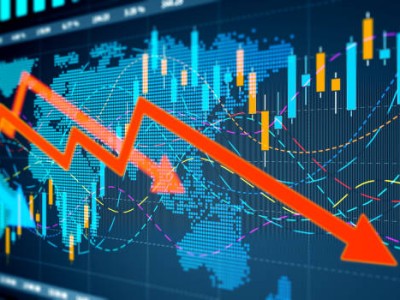Learn » Blog » Market commentary: What happened in January 2024
Market commentary: What happened in January 2024
Published on 12/02/2024

After such a strong finish to 2023 across the financial markets, January 2024 was much more of a mixed bag. In terms of global stock markets, Japan was the standout recording a gain of 7.8% for the month. The US S&P 500 was less impressive, only rising 1.7% in January - after what was a multi-month run of impressive gains in late 2023.
Despite this slower growth, the US market saw some all-time highs (after prior records being set back in January 2022), the “super 7” tech stocks led the charge, and US GDP growth showed strong resilience despite forecasts to the contrary. Lagging once again were Chinese shares (the Shanghai Shenzen index was down 6.29%), with continuing concerns about their residential property market weighing heavily on investor sentiment.
Here at home, New Zealand’s NZX50 was in the green but still saw a fairly soft result - having ended the month up just 0.86%. This reflected variable economic news coming out during the month, the main release being around our inflation data. The Reserve Bank of NZ (RBNZ) announced annual inflation fell to 4.7%, which was in fact good news - being a little lower than their forecast. Unfortunately this was not enough of a fall for central bank interest rate cuts to be cut any time soon.
Announcements from both the US Federal Reserve and the RBNZ around higher economic growth and lack of expectations for interest rate cuts didn’t help bond market performance. The falling bond yields that we saw in the last quarter of 2023 came to a grinding halt in January. This meant that both US and NZ bonds lost some of the gains they’d seen (remember, increasing bond yields mean lower bond values) in recent months.
As for the outlook moving further into 2024, the future as always remains unpredictable. Continuing conflict in the Red Sea and Middle East could impact inflation via increased shipping costs between Europe and Asia. Economic uncertainty remains across global markets, meaning it could be a bumpy ride for both share and bond investors. As always, we like to encourage our members (and ourselves!) to stay the course, and remember that investing is about your long-term future. Short term volatility is all part of the ride.


